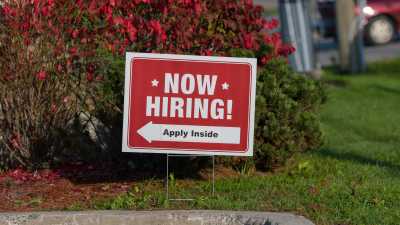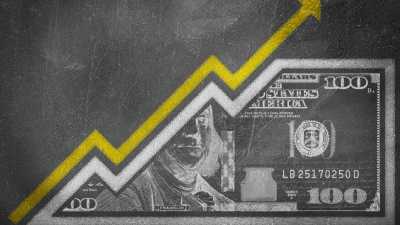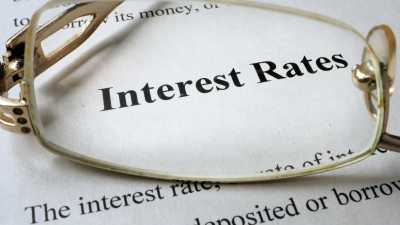According to Investment Banks, We Have Achieved Peak Inflation. Small Businesses Continue to Plan Price Increases.
in Economy by Mitch Alborn

Inflation will begin to decline by the end of the year, according to Bank of America, UBS, and Morgan Stanley, as record-high gas prices drop and snarled supply chains recover.
However, according to a new poll released Tuesday, small firms aren't on the same page.
According to the National Federation of Independent Businesses’ (NFIB) Small Business Optimism Index, a record 72 percent of business owners polled in March indicated they plan to raise prices this year as inflation continues to eat into earnings.
"Inflation has hurt small companies throughout the country and is now their most pressing business challenge," NFIB chief economist Bill Dunkelberg said in a statement. "With inflation, a continuous personnel shortage, and supply chain problems, small company owners remain worried about the future of their businesses."
Inflation is now cited as the most critical business concern by 31% of small business owners, a 5% rise from February.
As a result, small company owners' confidence about the future of their enterprises fell 2.4 points to 93.2 in March. The optimism index has now dipped below its 48-year average of 98 for the third month in a row. In March, the number of owners expecting better business circumstances in the next months fell to its lowest level in the survey's 48-year history.
This is due in part to the fact that so many small businesses are still feeling the pinch from supply chain challenges, with 92 percent of owners reporting a substantial, moderate, or minor effect from disrupted supply networks. And the problems may worsen if the Ukraine conflict rages on and COVID-19 lockdowns in China become more severe.
There's also the issue of a labor shortage. Around 47 percent of small company owners said that they are still unable to fill employment positions at their establishments, which is more than double the historical average of 23 percent. Despite a 3.6 percent unemployment rate and about half of all company owners stating that they are upping wages to attract new employees, recruiting remains challenging.
"Every data point from every single source that we have on the economy right now indicates that we're in an extraordinarily difficult recruiting market," Laura Wronski, senior manager of research science at SurveyMonkey, a cloud-based survey platform that provides market insights, told CNBC earlier this month. "With the unemployment rate low but inflation high, salaries must be high to attract workers."




